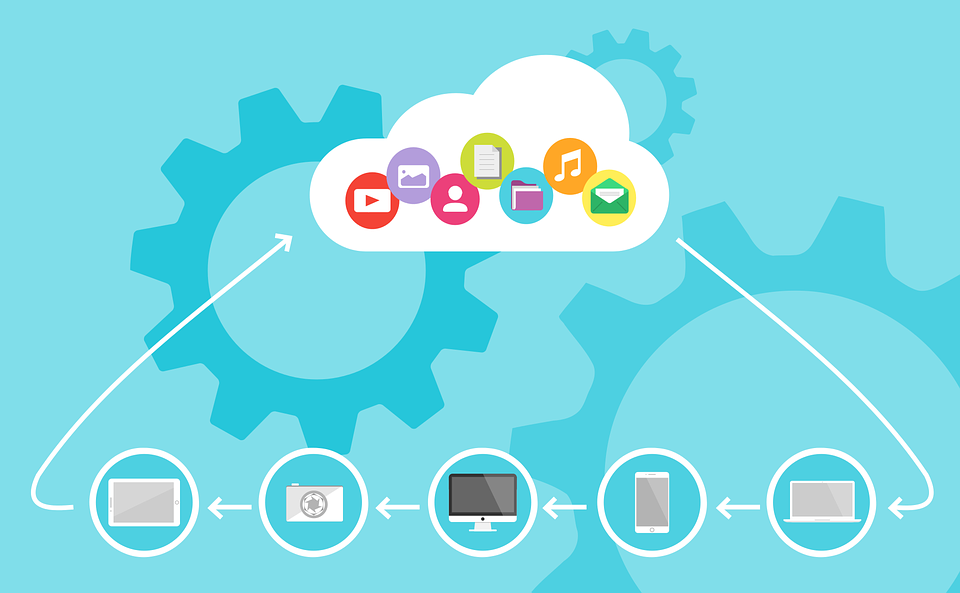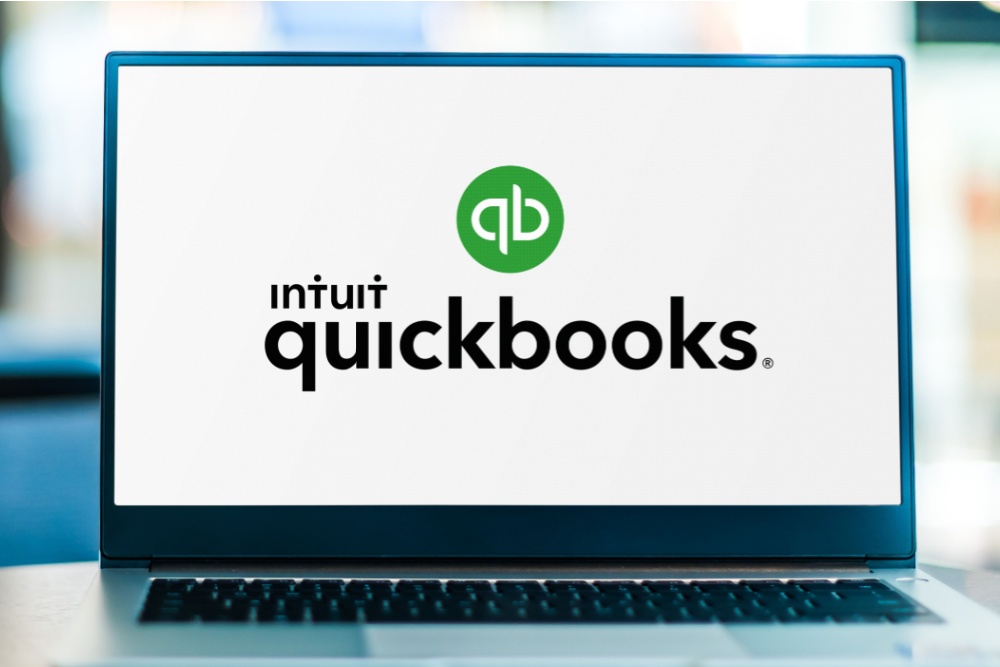Remember when people used to carry USBs, hard drives, and CDs to store their data? Well, that era is gone now.
Cloud-based services have changed the way businesses function. Cloud computing capitalizes on a single IT infrastructure shared across all departments in an organization. Cloud computing enables managers and their teams to manage challenging tasks and workloads efficiently and faster from anywhere they are located through any device they are using, decreasing their capital and computing costs.
The on-demand flexibility, security, cost reductions, increased efficiency, and improved IT functions are reasons businesses are flocking toward cloud-based services.
All cloud-based services are designed to provide businesses with a remote shared infrastructure monitored and managed by the cloud service providers. But if you’re planning to boost your business growth with cloud computing, you must be aware of its different types and the applications and benefits of each type.
Ahead, we’ve rounded up the three most commonly adopted types of cloud computing to help you make an informed decision.
IaaS – Infrastructure as a Service
Infrastructure as a Service is the most versatile of all the cloud services. It offers a business with a full-fledged virtual infrastructure managed over a reliable internet connection. An IaaS cloud service provider is responsible for infrastructure hardware management, such as the data storage space, servers, and others in a data center. But they enable users or businesses to personalize those resources according to their unique needs.
With Infrastructure as a Service, the user can buy, implement, configure, and run any software they require. Companies that follow highly scalable business models only invest in the infrastructure they need. This allows them to scale their cloud requirements without the additional cost of capital to build an on-premises infrastructure.
It’s particularly ideal for small businesses and entrepreneurs who don’t have enough finances to invest in new hardware. It also takes the burden of handling computing or ERP infrastructure away from the organization’s IT department. Since the infrastructure as a Service model automatically updates itself with advanced new software, it’s more convenient to install and run new applications and programs. IaaS offers advanced cybersecurity solutions and disaster recovery for enhanced reliability.
Examples:
- Microsoft Azure
- Cisco Metapod – Now Retired
- DigitalOcean
- Rackspace
- Linode
- Amazon Web Services (AWS)
- Google Computer Engine (GCE)
PaaS – Platform as a Service
Whereas IaaS makes all the tools available to the users via the cloud and allows them to create whatever meets their business requirements. Rather than delivering an infrastructure, PaaS offers a purpose-built framework required to create, test, implement, manage, and continually update software. It uses a base similar to the IaaS, but it’s also built-in with multiple other tools.
PaaS is ideal for any business that develops web applications and software. Development tools required to create user-friendly applications and software—that can be conveniently used on multiple different platforms—can be very costly. PaaS allows users to access the development tools it includes whenever they require them without having to spend a penny on their purchase. Since PaaS can be accessed through the internet, users can remotely access the same software products and tools at any time and from anywhere they are located, which increases the development of applications and other products.
Examples:
Software as a Service (SaaS)
For most businesses, SaaS is the most popular type of cloud-based service. It is a full-fledged cloud-based software solution that can be purchased and used through the internet.
The cloud software provider is responsible for managing the operating systems, database, and infrastructure to ensure the software is accessible to the subscribers wherever and whenever they need it. Users can use the majority of the SaaS applications directly through the provider’s website on different browsers, which means they don’t have to go through the hassle of installing large software.
It also eliminates software management problems to a large extent for the IT department and enables businesses to boost their operational efficiency with multi-cloud and hybrid-cloud deployments.
SaaS cloud computing allows businesses to grow faster and quickly scale their operations. Companies don’t need to purchase or install any hardware on-premises to use SaaS applications. With SaaS, even small-scale businesses and startups can access advanced enterprise applications.
Examples:
Final Words
Cloud-based services have revolutionized the way businesses across the globe operate and grow. Understanding what sets each type of cloud service apart from the other and determining which model will suit your business needs the best is critical to your business growth.
If you are looking for a reliable cloud solution for your QuickBooks desktop applications, get in touch with us.
gotomyerp is one of the most well-reputed QuickBooks cloud hosting providers that help organizations boost their performance in a secure and private cloud-based ERP hosting environment. From implementation to migration to timely and automatic updates—we offer a range of high-end Quickbooks hosting services to mid-sized, small, micro, and large businesses. In addition to this, we also provide expert consultation, regular maintenance, and 24/7 customer support for QuickBooks to our clients.
Sign up for a free test drive on our website, or drop us a message to learn more.




